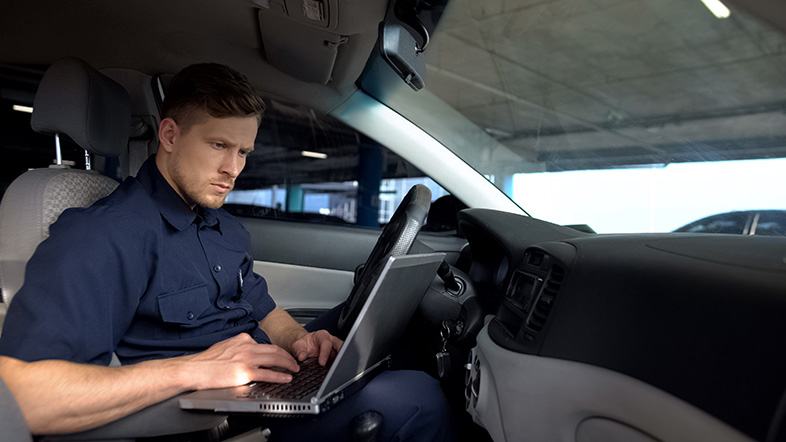We've all read books or seen movies where governments or companies attempt to predict the future. While predicting the future seems like a far-fetched dream that will remain in the realm of science fiction, did you know that law enforcement in your backyard is trying to do exactly that.
'Big Data' And Computer Algorithms Make Predictions Possible
Due to the rise of "big data" - a collection of statistics and information about almost anything you can think of - plans are being created that will attempt to predict future actions based on past behavior. By combining data with powerful computers and advanced analysis algorithms (computer programs, the Wisconsin State Patrol and other law enforcement agencies across the country are able to launch initiatives, known as predictive crash analytics programs, in an effort to curb behavior that leads to car accidents and traffic fatalities.
Turning To The Experts At The University Of Wisconsin
While some states have bought existing versions of these programs, the Wisconsin State Patrol thinks that it can utilize the expertise found at the University of Wisconsin to build an even better system. Set to launch in late 2017, Wisconsin's predictive analytics system will look at the location of every documented crash in the state, as well as the day of the week and time the crashes occurred, and other contributing factors (likely speeding, alcohol use, restraint use and other data points tracked by the National Highway Traffic Safety Administration and state agencies). If the system functions anything like a similar system currently in use in Tennessee, every few hours it will create a map that shows areas of the state (approximately six miles in radius) where accidents are most likely to happen.
Will It Work? Should We Be Worried?
While the goal of this program is noble - we all want to prevent as many crashes as possible - will there be unintended consequences? Will we see overreach and misuse like that which occurs in the science fiction books and movies where technology like this exists? Or will it simply be a useful tool that saves lives and allows law enforcement to keep Wisconsin's roads safe? The answers to these questions aren't yet clear, but we will know more with the imminent release of this program in Wisconsin.
